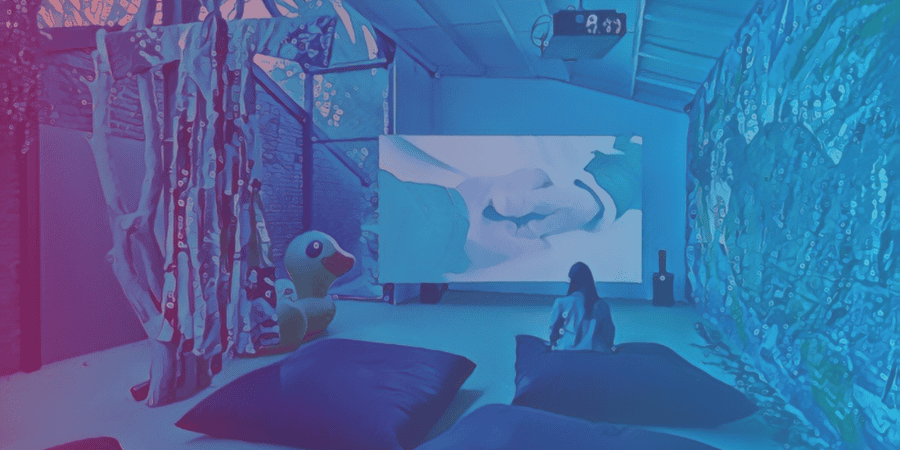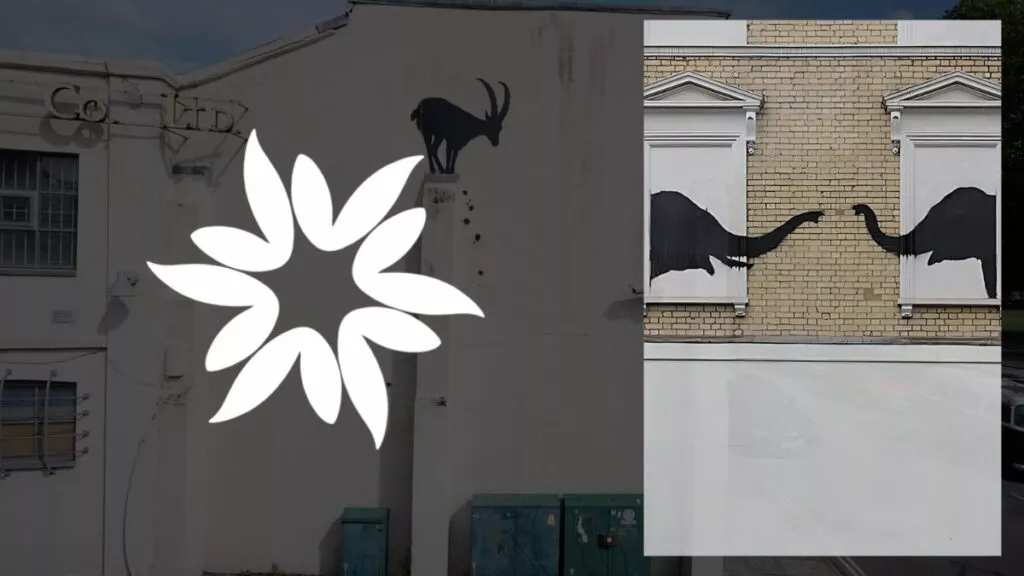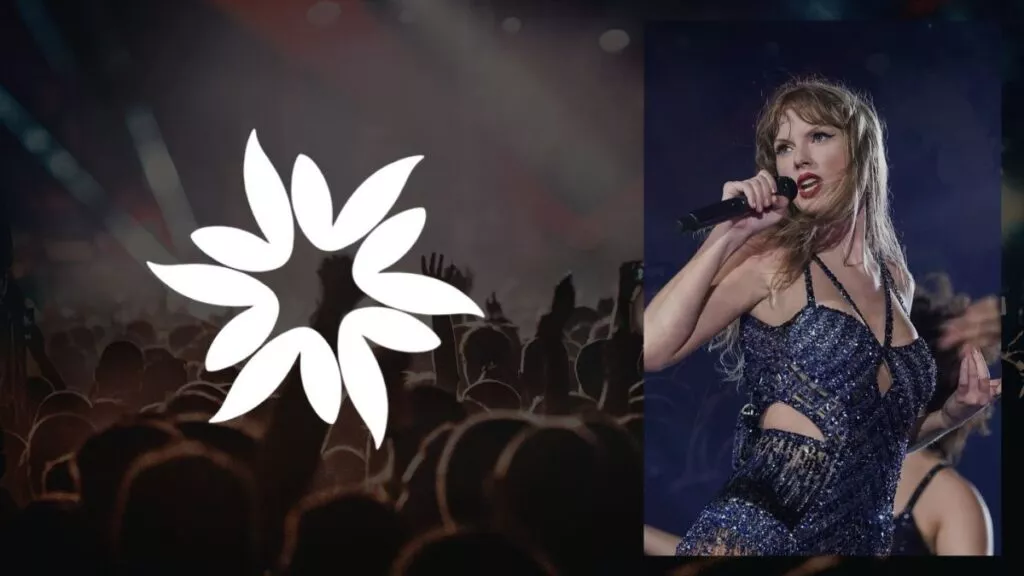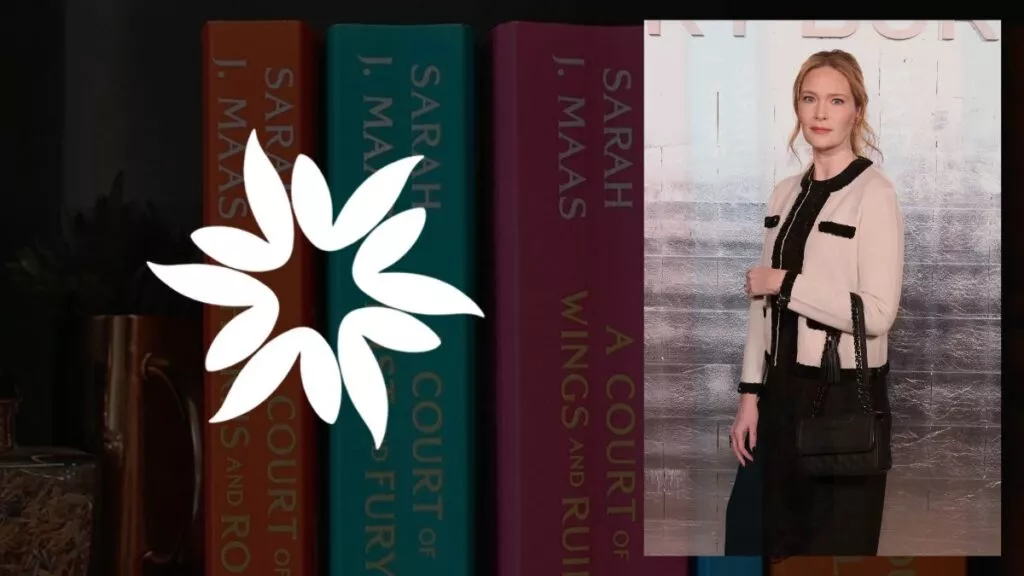Key Takeaways
- The Gwangju Biennale 2023 in South Korea has a theme of "Soft and Weak Like Water" and focuses on resistance, coexistence, solidarity, and care.
- The exhibition features 79 artists and offers a diverse array of visual, conceptual, and tactile artworks, encouraging interaction and engagement from visitors.
- The biennial showcases art as a tool for change, addressing pressing social and environmental issues, and highlights the importance of engaging with the local community through public art initiatives and educational programs.
- International collaboration and exchange are also a key aspect of the exhibition, allowing visitors to gain a broader understanding of the global art scene.
- The Gwangju Biennale 2023 serves as a celebration of artistic creativity, resilience, and unity in the face of adversity, reminding visitors of the power of art to inspire change and provide hope in challenging times.
On a rainy Thursday night in Gwangju, South Korea, hundreds gathered at a plaza for the opening ceremony of the city’s art biennial.
Despite the dark clouds and downpour, attendees donned ponchos and umbrellas, determined not to let the rain dampen their spirits.
Lebanese artist Tarek Atoui and South Korean instrument maker In-seok Seo captivated the audience with their mesmerizing performance, even as rain poured down on the stage.
This event marked a significant contrast to the previous edition of Asia’s most important biennial, which took place in 2021 and was a subdued affair due to Covid restrictions.
A Show of Hope and Healing
This year’s Gwangju Biennale, curated by artistic director Sook-Kyung Lee from Tate Modern, runs from April 12 to July 9, 2023.
The exhibition is spacious and well-paced, accommodating 79 artists and offering a diverse array of visual, conceptual, and tactile delights.
The theme, “Soft and Weak Like Water,” focuses on imagining a shared planet based on resistance, coexistence, solidarity, and care.
The exhibition presents artists striving to preserve traditions, transmit knowledge, and create something new from the wreckage of the past.
It offers a unique blend of hope and healing amidst the challenges of the modern world.
Creative and Engaging Artworks
Among the captivating installations is Oum Jeongsoon’s Elephant without Trunk, a life-size, slightly abstracted elephant sculpture covered with white wool.
This piece won the inaugural Park Seo-Bo Art Prize at the opening ceremony, which was sponsored by the GIZI Foundation.
Other notable works include Thasnai Sethaseree’s 16-foot freestanding tower of a painting, Chang Jia’s eerie metal chairs, and Guadalupe Maravilla’s “healing machines,” sculptures made from wood, steel, and found objects.
Visitors can also immerse themselves in Anne Duk Hee Jordan’s black-lit basement rooms at Horanggasy Artpolygon, which houses kinetic sculptures of whimsical underwater robot animals.
The exhibition encourages interaction, allowing guests to trace their arms along paper in Lee Kun-Yong’s “Bodyscape” or experience the tactile sensations of Oum Jeongsoon’s elephant sculpture.
The Gwangju Biennale 2023, with its theme of “Soft and Weak Like Water,” serves as a celebration of artistic creativity, resilience, and unity in the face of adversity.

Addressing Themes of Community and Connection
The biennial also showcases artworks that focus on the power of culture to create communities and connect people to their pasts.
Buhlebezwe Siwani’s multimedia installation, for example, explores her role as a spiritual healer in South Africa using song, dirt, and ropes that allude to the belts worn by Zion church members, tying them to their ancestors.
Sopheap Pich’s silver trees, crafted from recycled aluminum, stand outside the Gwangju National Museum, demonstrating how artists are repurposing discarded materials to create new connections with nature.
A Beacon of Hope Amidst Challenges
Throughout the exhibition, visitors can experience the hope and determination of artists as they address pressing issues and reflect on the challenges of living in the present day.
The atmosphere is epitomized by Arthur Jafa’s video LOML (2022), a tribute to the late writer Greg Tate.
This video features flickering, amorphous light against a mostly black screen, symbolizing hope that refuses to be pinned down.
The opening ceremony’s extraordinary performance by Tarek Atoui and In-seok Seo set the tone for the entire event, as their music filled the air and persisted despite the rain.
In the face of adversity, the Gwangju Biennale 2023 stands as a testament to the resilience and determination of artists, curators, and audiences alike.
As they gathered under challenging weather conditions, their collective spirit was a powerful reminder that art can transcend barriers and unite people in a shared experience.
Art as a Tool for Change
The Gwangju Biennale 2023 also highlights the role of art as a tool for change, addressing pressing social and environmental issues.
For instance, artist Shilpa Gupta’s installation “Speaking Wall” invites visitors to leave written messages about their own experiences with division and borders, reminding us of the power of empathy and understanding to break down barriers.
Another standout work is the installation by collective SUPERFLEX, known for their innovative projects exploring the intersection of art, design, and activism.
Their installation, titled “Flooded McDonald’s,” addresses the impact of climate change through a surreal, apocalyptic video of a fast-food restaurant submerged in water.
Engaging the Local Community
The biennial also emphasizes the importance of engaging with the local community, as seen through various public art initiatives and educational programs.
Through workshops, panel discussions, and guided tours, the biennial aims to create a dialogue between the art world and the Gwangju community, fostering a deeper understanding of the exhibited artworks and their underlying themes.
For example, local artist collective Mixrice has collaborated with migrant workers to create “The Migratory Bird’s-Eye View,” a project that aims to visualize the experiences of migrants in Gwangju.
The project includes a series of murals, performances, and installations that shed light on the lives and struggles of migrant workers, encouraging viewers to reflect on issues of labor rights and social justice.
International Collaboration and Exchange
The Gwangju Biennale 2023 also fosters international collaboration and exchange between artists and curators from around the world.
Through its diverse roster of participants, the biennial showcases a wide range of artistic perspectives and practices, allowing visitors to gain a broader understanding of the global art scene.
This international exchange is evident in the exhibition’s numerous collaborative projects, such as the joint work by North Korean defector and artist Song Byeok and South Korean artist Gim Hong-sok.
Their installation, titled “Borderline,” explores themes of division, reunification, and identity through sculptures and paintings inspired by the demilitarized zone between North and South Korea.
Conclusion
The Gwangju Biennale 2023, with its theme of “Soft and Weak Like Water,” serves as a celebration of artistic creativity, resilience, and unity in the face of adversity.
As visitors explore the numerous installations, they are reminded of the power of art to inspire change, foster connections, and provide hope in challenging times.
The biennial stands as a testament to the potential of art to bring people together and offer solace and inspiration, even under the most trying circumstances.








